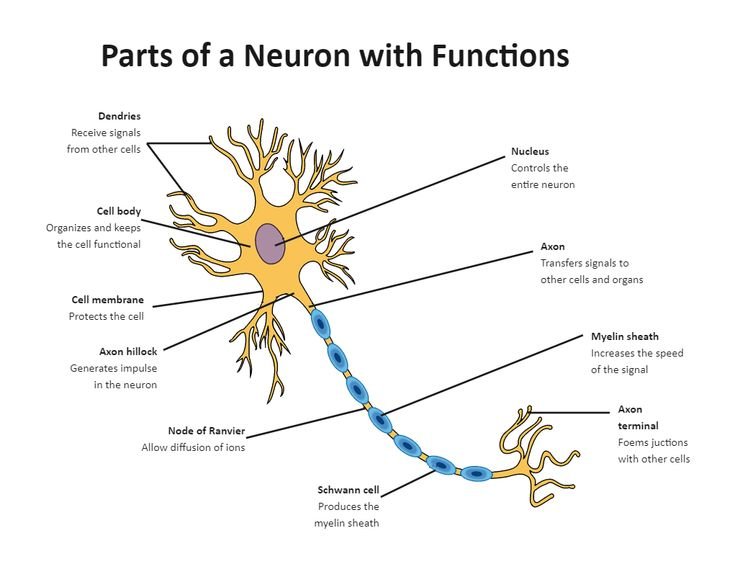
Introduction to Motor Neurone Disease (MND)
What is MND?
Motor Neurone Disease (MND) is a progressive neurological condition that affects the nerve cells (neurones) responsible for controlling voluntary muscle activity. These neurones degenerate and eventually die, leading to muscle weakness, wasting, and paralysis. MND can significantly impact a person’s ability to move, speak, swallow, and breathe. There is currently no cure for MND, and its causes are not yet fully understood. However, research suggests a combination of genetic and environmental factors may play a role in its development.
Types of Motor Neurone Disease
There are various types of Motor Neurone Disease, including Amyotrophic Lateral Sclerosis (ALS), Progressive Muscular Atrophy (PMA), Primary Lateral Sclerosis (PLS), and Progressive Bulbar Palsy (PBP). Each type presents with slightly different symptoms and progression rates. ALS, also known as Lou Gehrig’s Disease, is the most common form of MND, affecting both upper and lower motor neurones. PMA primarily involves lower motor neurones, leading to muscle weakness and atrophy. PLS affects the upper motor neurones, causing stiffness and spasticity. PBP mainly impacts the neurones controlling speech, swallowing, and facial movements.
Causes and Risk Factors of MND
Genetic Factors
Motor Neurone Disease (MND) is a complex condition with factors that may contribute to its development. When looking at the causes and risk factors of MND, genetic components play a significant role. Studies have shown that inherited genetic mutations can be linked to the development of some forms of MND. Specific genes, such as C9orf72, SOD1, and FUS, have been identified as potentially increasing the risk of developing MND. Understanding these genetic factors can help in early detection and monitoring of individuals who may be at a higher risk of developing MND due to their genetic predisposition.
Environmental Factors
In addition to genetic factors, environmental influences also play a part in the development of MND. While the exact environmental triggers are not yet fully understood, factors such as exposure to certain toxins, chemicals, or heavy metals have been suggested to potentially contribute to the onset of MND. Other environmental factors like smoking, intense physical activity, and even viral infections have been hypothesized to play a role in increasing the risk of developing MND. Research in this area is ongoing to further understand the interplay between genetic and environmental factors in the development of Motor Neurone Disease.
Symptoms and Diagnosis of MND
When it comes to Motor Neurone Disease (MND), recognizing the early signs and symptoms is crucial in facilitating timely diagnosis and management. The condition presents with a variety of symptoms that may indicate the presence of MND.
Early Signs and Symptoms
Early signs of MND can vary from person to person but often include muscle weakness, twitching, cramps, and difficulty in speaking, swallowing, or breathing. These symptoms may initially be subtle but tend to progress over time. Recognizing these signs early on can help in initiating appropriate medical intervention and support measures.
Diagnostic Procedures
Diagnosing MND involves a series of tests and assessments to rule out other conditions and confirm the presence of Motor Neurone Disease. Physicians may conduct physical examinations, electromyography (EMG), nerve conduction studies, MRI scans, and blood tests to assess nerve function, muscle activity, and rule out other possible causes of the symptoms. A comprehensive diagnostic approach is essential to accurately diagnose MND and devise an appropriate treatment plan.
Treatment Options for MND
When it comes to addressing Motor Neurone Disease (MND), exploring effective treatment options is essential in managing the condition and improving the quality of life for individuals affected by it. The approach to treating MND typically involves a combination of medications, therapies, and supportive care measures tailored to the specific needs of each patient.
Medications
Medications play a crucial role in managing symptoms and slowing the progression of MND. Some commonly prescribed medications for MND include Riluzole and Edaravone, which are aimed at reducing damage to motor neurons and improving overall function. Additionally, other medications may be prescribed to manage specific symptoms such as muscle cramps, pain, or excessive saliva production.
Therapies and Supportive Care
In addition to medications, various therapies and supportive care services can help individuals with MND maintain quality of life and function. Physical therapy, occupational therapy, speech therapy, and respiratory therapy can all play a vital role in improving mobility, communication, and overall comfort. Furthermore, palliative care and emotional support services can provide valuable assistance and comfort to both patients and their families throughout the course of the disease. Consulting a multidisciplinary team of healthcare professionals specializing in MND care can help individuals develop a comprehensive treatment plan that addresses their unique needs and enhances their well-being.
Also Read: Understanding Motor Neuron Function: A Comprehensive Guide
Disease Progression and Prognosis of MND
When considering Motor Neurone Disease (MND), understanding the disease progression and prognosis is crucial for both patients and caregivers. MND typically advances in stages characterized by varying symptoms and functional limitations that impact daily life.
Stages of MND:
MND progresses through different stages, starting with early mild symptoms such as muscle weakness or twitching, then advancing to more severe muscle deterioration and loss of function. As the disease advances, individuals may experience difficulties with mobility, speech, swallowing, and breathing, ultimately leading to significant physical and functional challenges.
Life Expectancy and Outlook:
The life expectancy for individuals diagnosed with MND varies based on various factors such as the type of MND, age of onset, and overall health. While MND is a progressive disease with no known cure, advancements in treatments and supportive care have improved the quality of life and prolonged survival for some patients. It is essential for individuals living with MND to work closely with healthcare professionals to manage symptoms, optimize care, and maintain the best possible quality of life throughout the disease journey.
